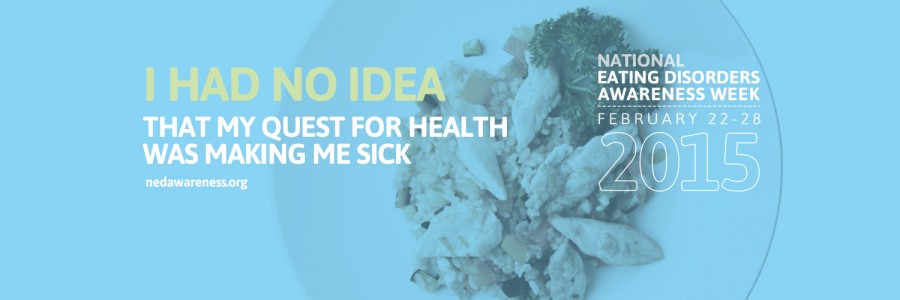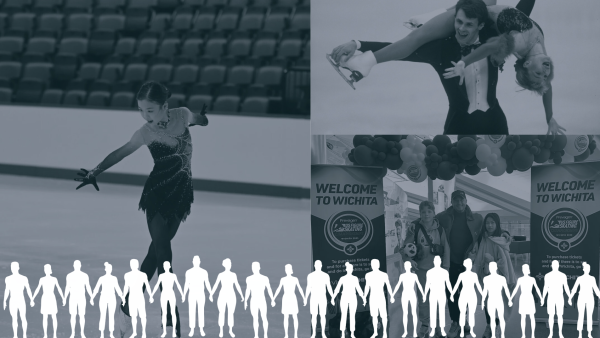“I Had No Idea…” that it is NEDA Awareness week
The National Eating Disorder Awareness week of 2014 is from February 22-28. The goal of the week is to raise awareness and provide education of eating disordered. This year’s campaign is called “I Had No Idea…” which aims to inform and correct common misconceptions about eating disorders.
The main assumption about eating disorders is that it is for underweight teenage girls. The truth about eating disorders is this: it affects everybody. All genders, races, ages and sizes are susceptible to developing this potentially life-threatening illness. Also, eating disorders cannot be defined as one thing.
There are many forms of eating disorder which range from not eating at all to eating way too much. The National Eating Disorder Association divides eating disorders into 5 separate categories. There are: Anorexia Nervosa, Bulimia Nervosa, Binge Eating Disorder, Other Specified Feeding or Eating Disorder, and Additional Feeding or Eating Disorder.

One of the most important things to realize about eating disorders is why they are so prevalent in today’s society. People develop eating disorders because they feel self-conscious. Feeling “not good enough” drives people to feel insecure. Media can be blamed for this. Youth feel constantly pressured by seeing perfect models and celebrities. Senior Claire Cardillo says, “it’s unfair for us to see models’ images everywhere because it makes girls think that that those bodies are the only ones that are acceptable. But, in reality, those bodies don’t even exist because they’re photoshopped.”
There are several instagram accounts dedicated to the idea of “thinspiration”, or thin inspiration. These account post super skinny pictures of girls encouraging them to be anorexic and lose unnecessary weight. Girls even comment on photos pushing other girls to lose this weight through not eating.
Photoshopping also creates unrealistic goals of self image. Most advertisements and pictures in the media are photoshopped, making people seem much more perfect than they actually are. As a result, average people have impossible vision of the ideal body and feel pressured to pursue this imagine and end up developing eating disorders eating disorders.
Eating disorders are a very serious issue. If you know anyone who might have an eating disorder or if you think that you have one, call 1-800-931-2237 or go to nationaleatingdisorder.org to chat and find support. Also, the Academy guidance department is here to help and guide Academy girls to living a happy and healthy lifestyle.
Julia Metzger, senior staff writer, is excited to write for the Achona for the first time. She is president of Respect for Life and is a member of Teen...












